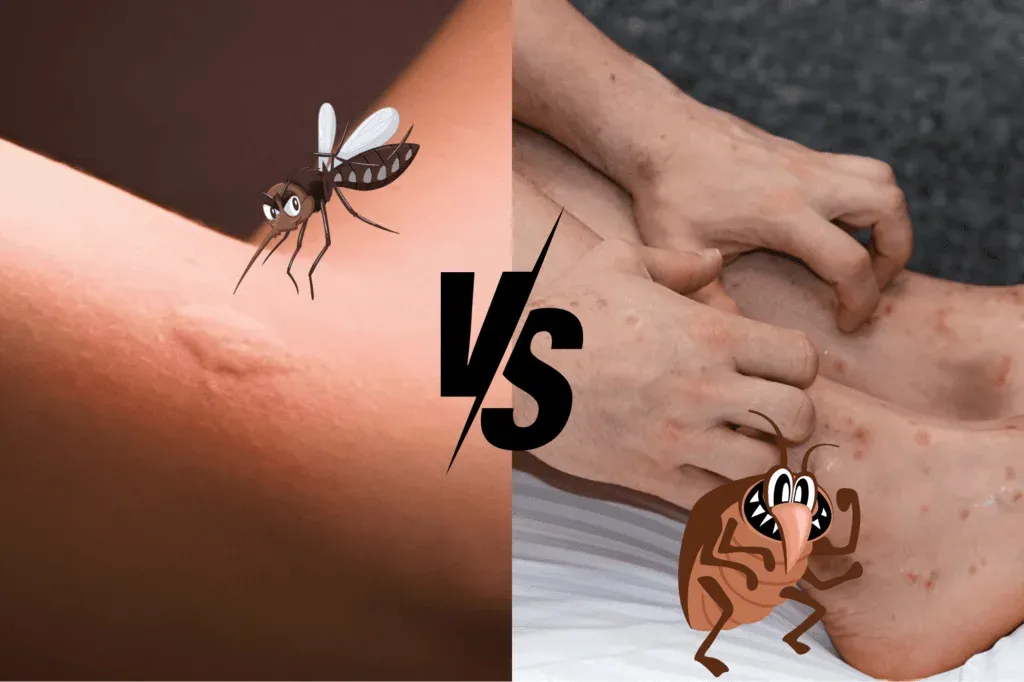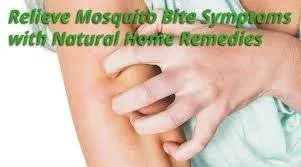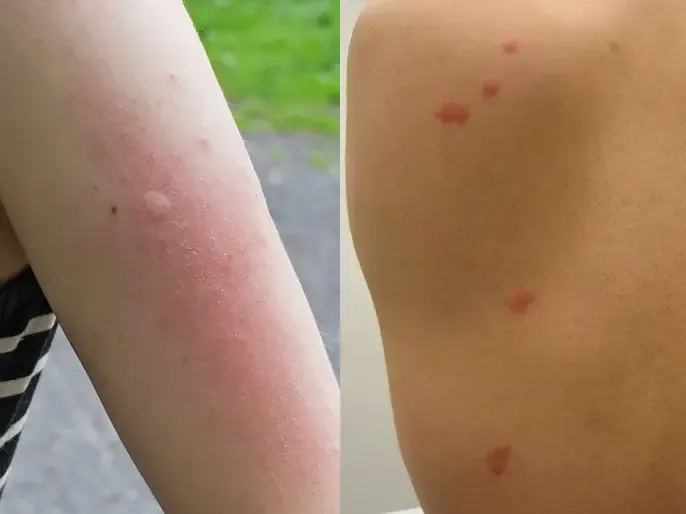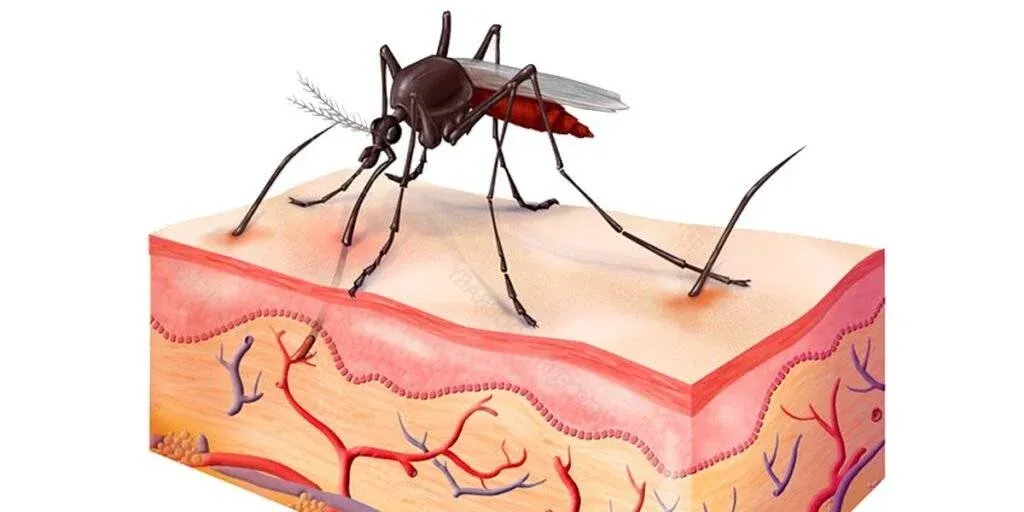Most mosquito bites cause mild itching and redness, but for some people, the reaction can be much more severe. This condition, often referred to as “Skeeter Syndrome,” occurs when the immune system reacts strongly to proteins in mosquito saliva. Knowing the signs of mosquito bite allergy symptoms is important for timely treatment and prevention of serious health issues.
What Is a Mosquito Bite Allergy?
A mosquito bite allergy happens when your immune system overreacts to mosquito saliva. Instead of a minor bump, you may experience excessive swelling, redness, and even systemic symptoms. Understanding mosquito bite allergy symptoms helps you recognize the difference between a normal reaction and an allergic one.
Common Mosquito Bite Allergy Symptoms
While reactions vary from person to person, typical signs include:
Severe Swelling – Swelling larger than 2 inches around the bite site.
Intense Redness – The skin may become bright red or warm to the touch.
Blistering – Fluid-filled blisters can appear in severe cases.
Hives – Raised, itchy welts spreading beyond the bite area.
Fever & Fatigue – In some cases, allergic reactions trigger mild fever and tiredness.
Swollen Lymph Nodes – A sign that your immune system is actively responding.
If you recognize these mosquito bite allergy symptoms, it’s time to act quickly.
Severe Allergic Reactions to Mosquito Bites
In rare cases, mosquito bites can trigger anaphylaxis — a life-threatening allergic reaction. Symptoms may include:
Difficulty breathing
Dizziness or fainting
Rapid heartbeat
Swelling of the face, lips, or throat
This is a medical emergency. Anyone showing these mosquito bite allergy symptoms should seek immediate medical help.
Why Some People React More Severely
Several factors can make allergic reactions to mosquito bites more likely:
Genetics – Some people are naturally more sensitive.
Immune System Conditions – Weakened or overactive immune systems can overreact.
Age – Children are more prone to stronger reactions.
Frequent Exposure – Repeated bites can lead to increased sensitivity.
Treatment for Mosquito Bite Allergies
1. Over-the-Counter Treatments
Antihistamines – Reduce swelling and itching.
Hydrocortisone Cream – Helps calm inflammation.
Pain Relievers – Ibuprofen or acetaminophen for discomfort.
2. Home Remedies
Cold Compress – Reduces swelling and soothes itching.
Aloe Vera Gel – Natural anti-inflammatory properties.
Oatmeal Paste – Calms irritation naturally.
3. Medical Treatments
For severe mosquito bite allergy symptoms, doctors may prescribe stronger antihistamines, oral corticosteroids, or in extreme cases, epinephrine injections.
Preventing Mosquito Bite Allergies
Prevention is the best defense against mosquito bite allergy symptoms:
Wear Long Clothing – Covers exposed skin.
Use Mosquito Repellent – DEET, picaridin, or lemon eucalyptus oil.
Avoid Peak Mosquito Hours – Early morning and evening.
Install Window Screens – Keep mosquitoes out of living spaces.
Remove Standing Water – Reduces breeding grounds.
When to See a Doctor
You should seek medical attention if:
The swelling continues to grow after 24 hours.
You develop fever or swollen lymph nodes.
The bite site becomes infected (pus, extreme redness).
You experience symptoms of anaphylaxis.
Knowing when to seek professional care can prevent complications from mosquito bite allergy symptoms.
Myths About Mosquito Bite Allergies
Let’s clear up a few misconceptions:
Myth: Everyone with big mosquito bites has an allergy.
Truth: Some people naturally react with more swelling, but not all have allergies.Myth: Natural remedies alone can cure all allergies.
Truth: Severe reactions require medical attention.Myth: Only certain blood types attract mosquitoes.
Truth: Mosquitoes are attracted to carbon dioxide, body heat, and skin chemicals.
Final Thoughts
Recognizing mosquito bite allergy symptoms early allows for quicker treatment and prevention of more serious complications. Whether your reaction is mild or severe, taking prompt action is key to minimizing discomfort and avoiding long-term health risks. By combining preventive measures with the right treatments, you can stay safe and enjoy outdoor activities without fear of allergic reactions.






